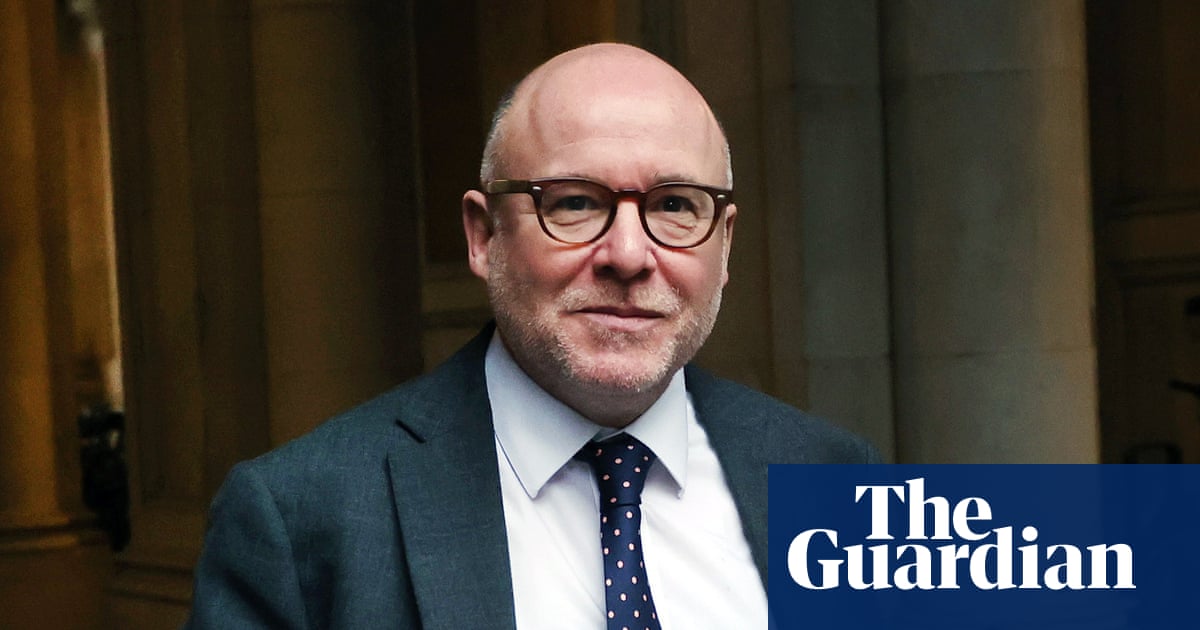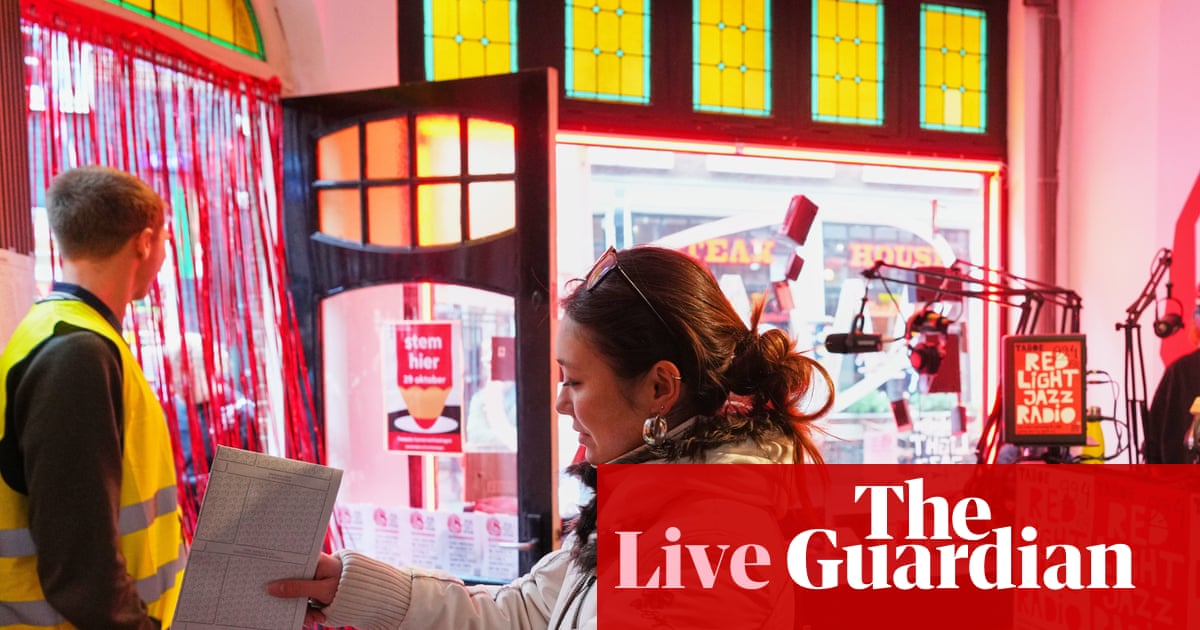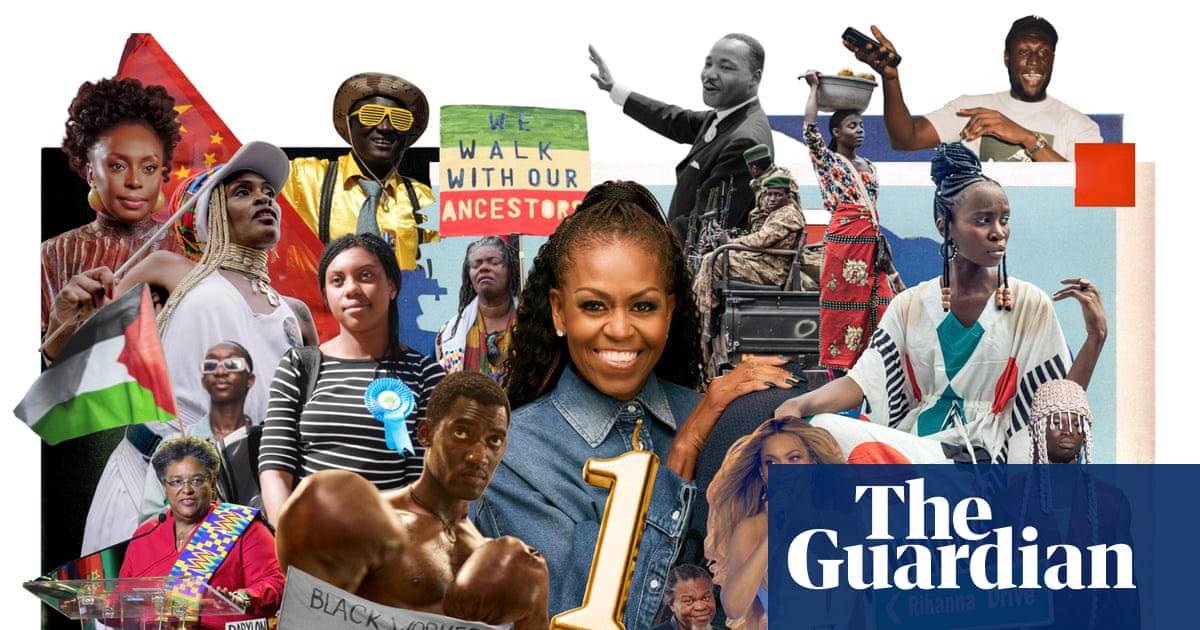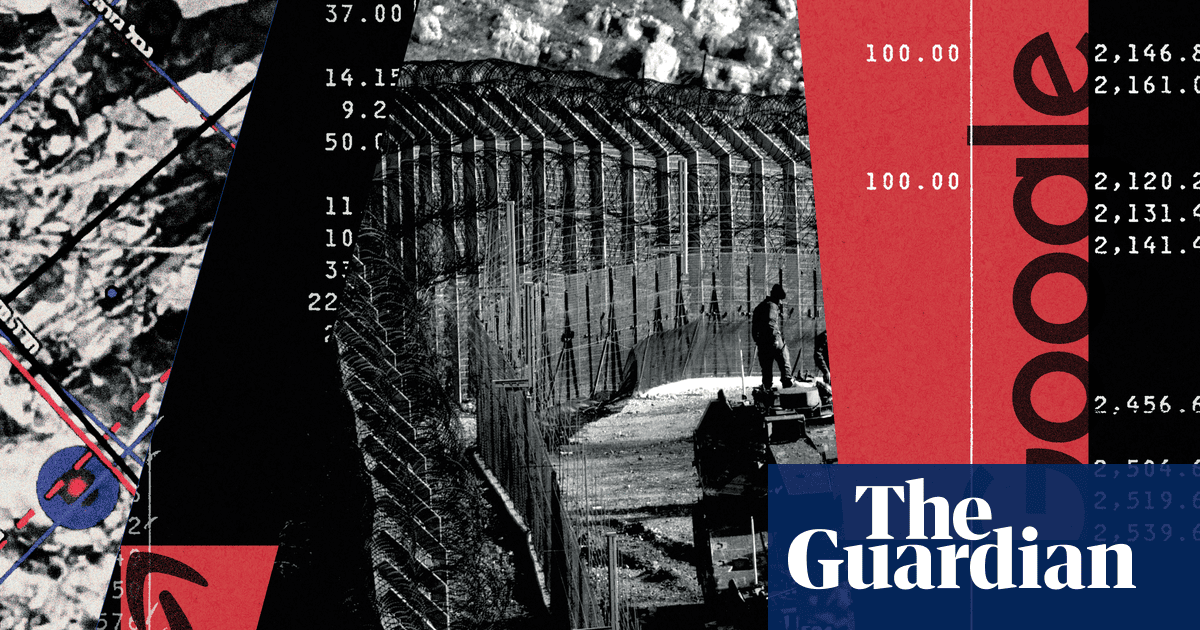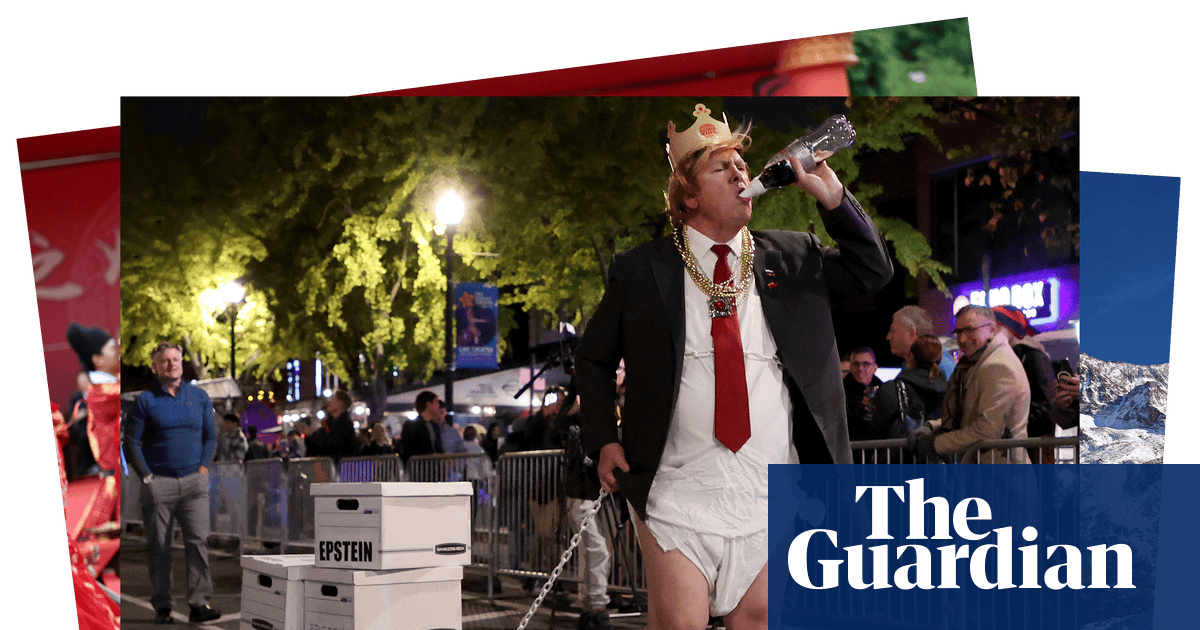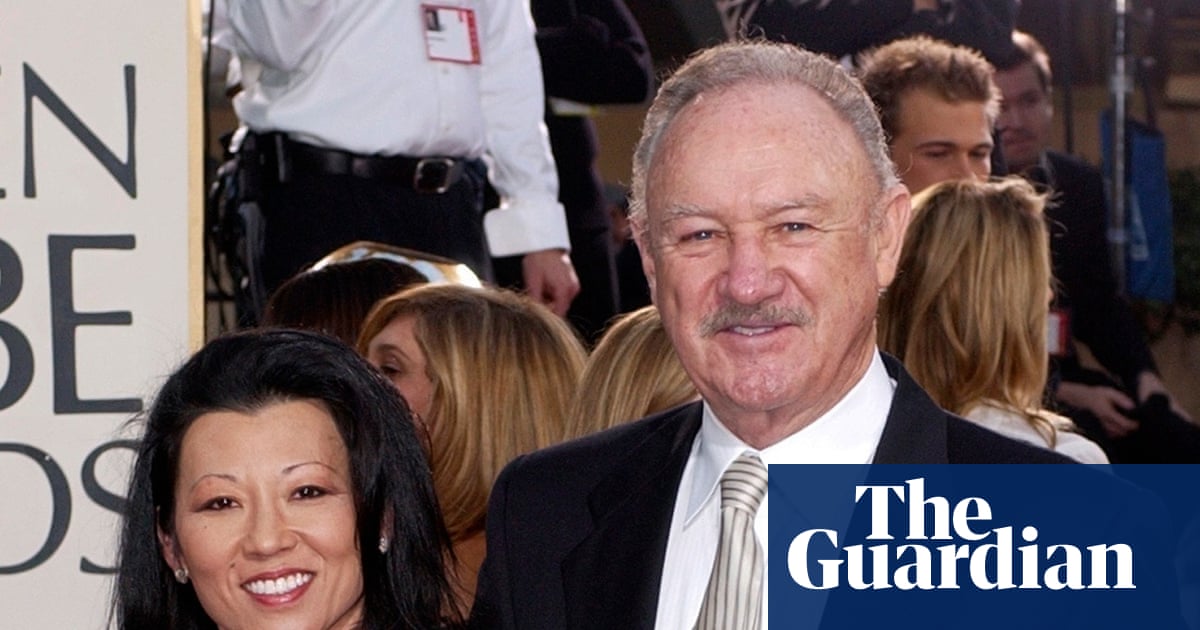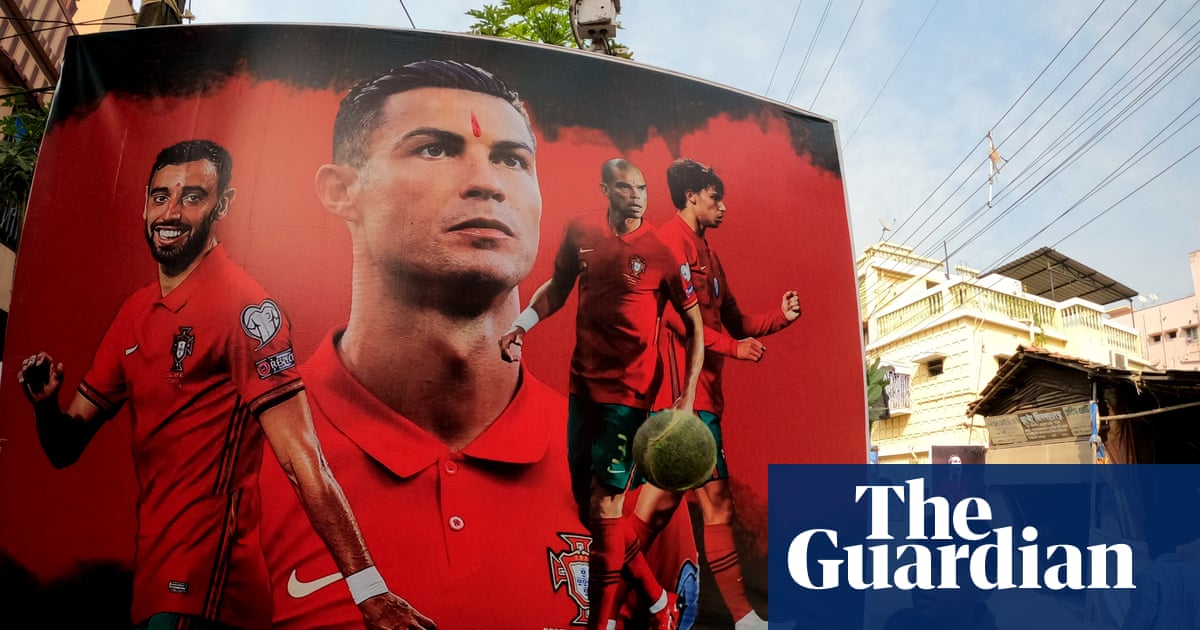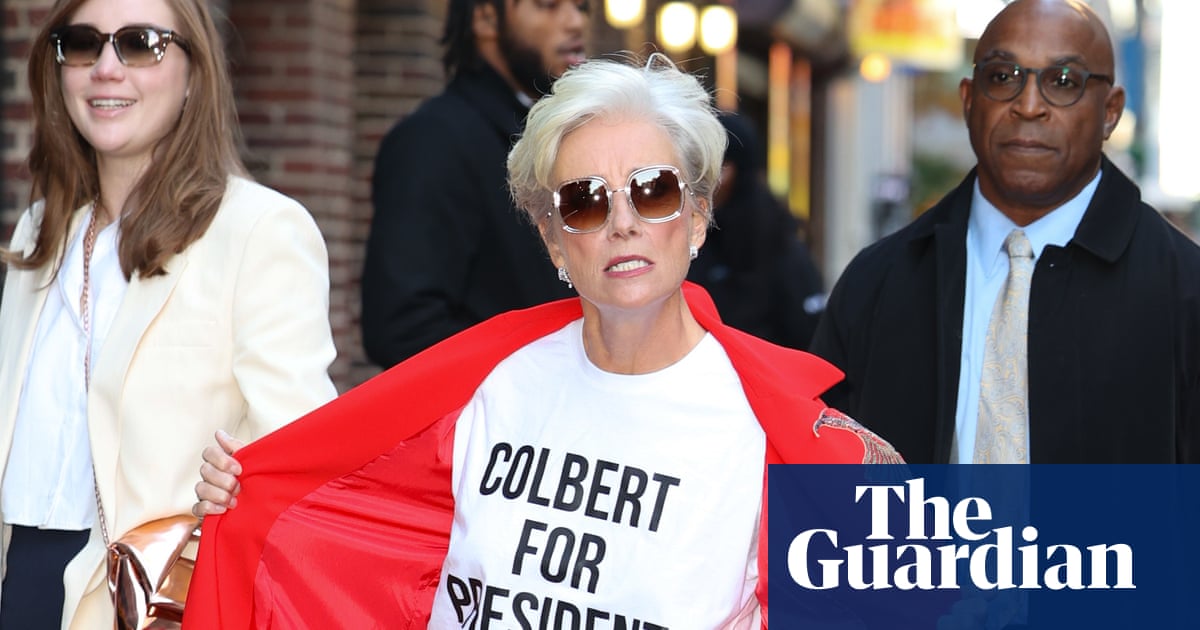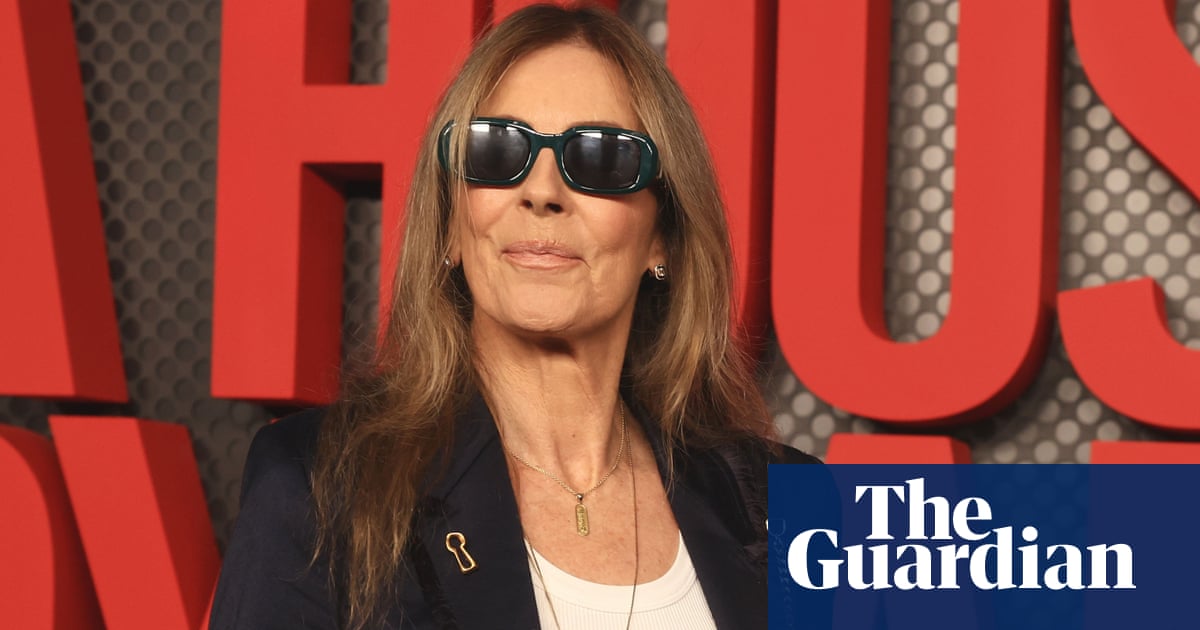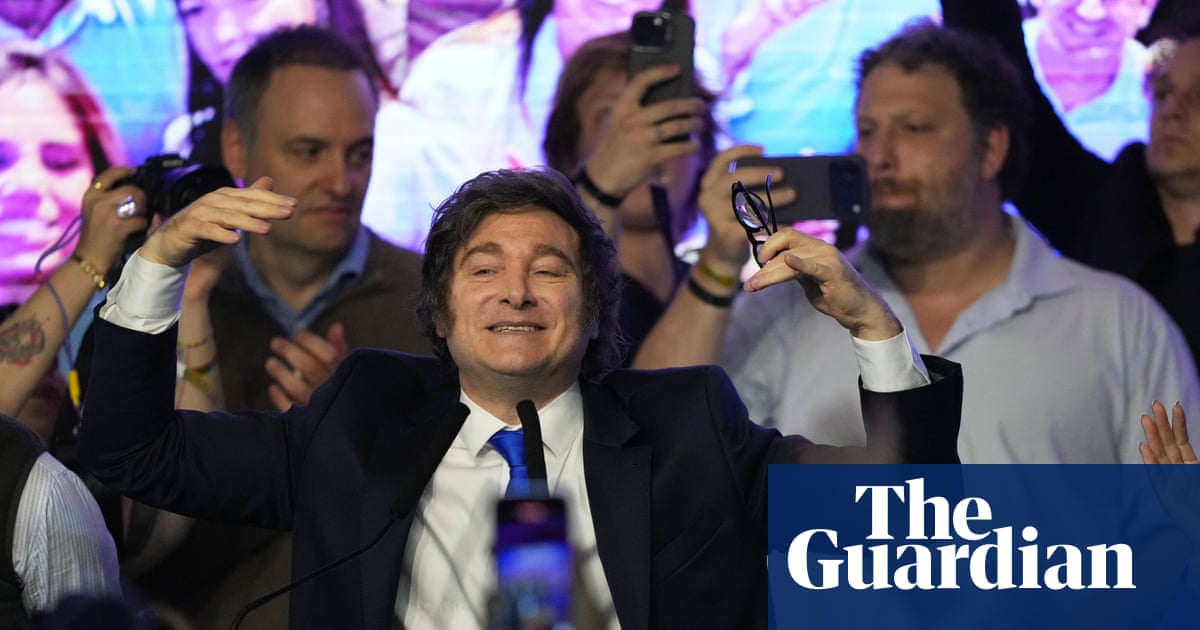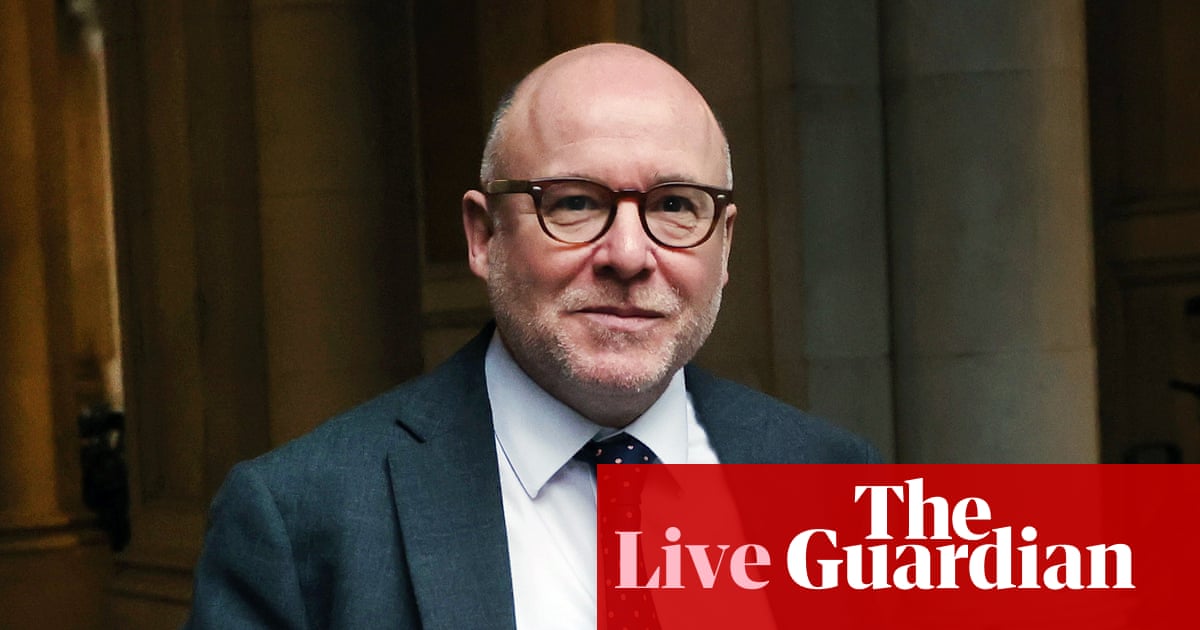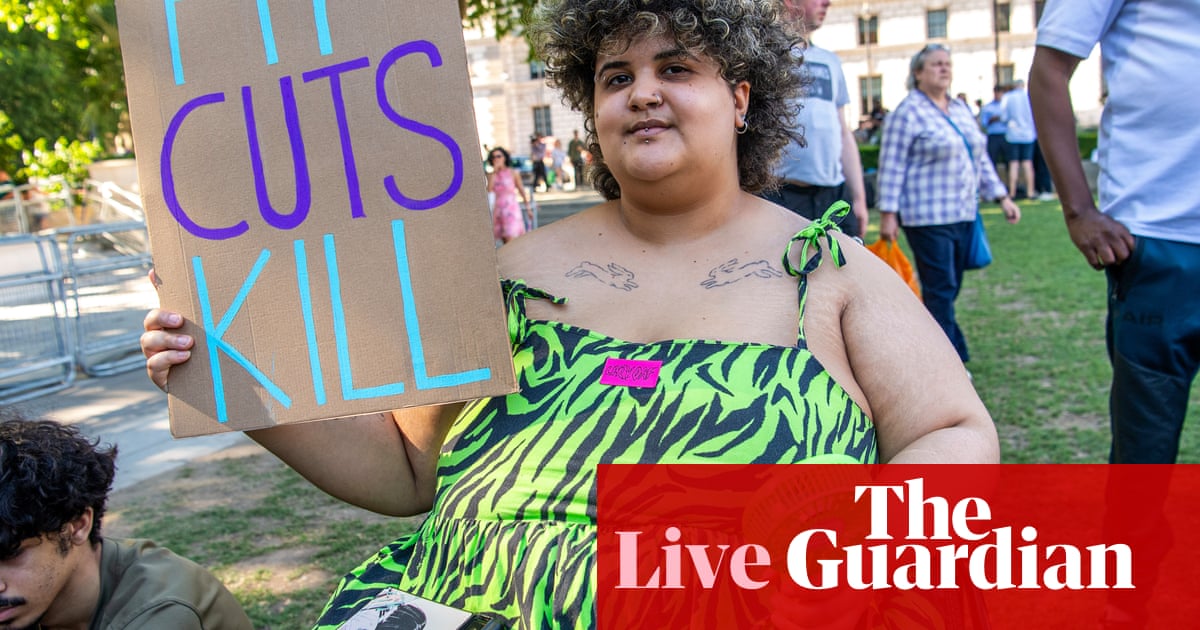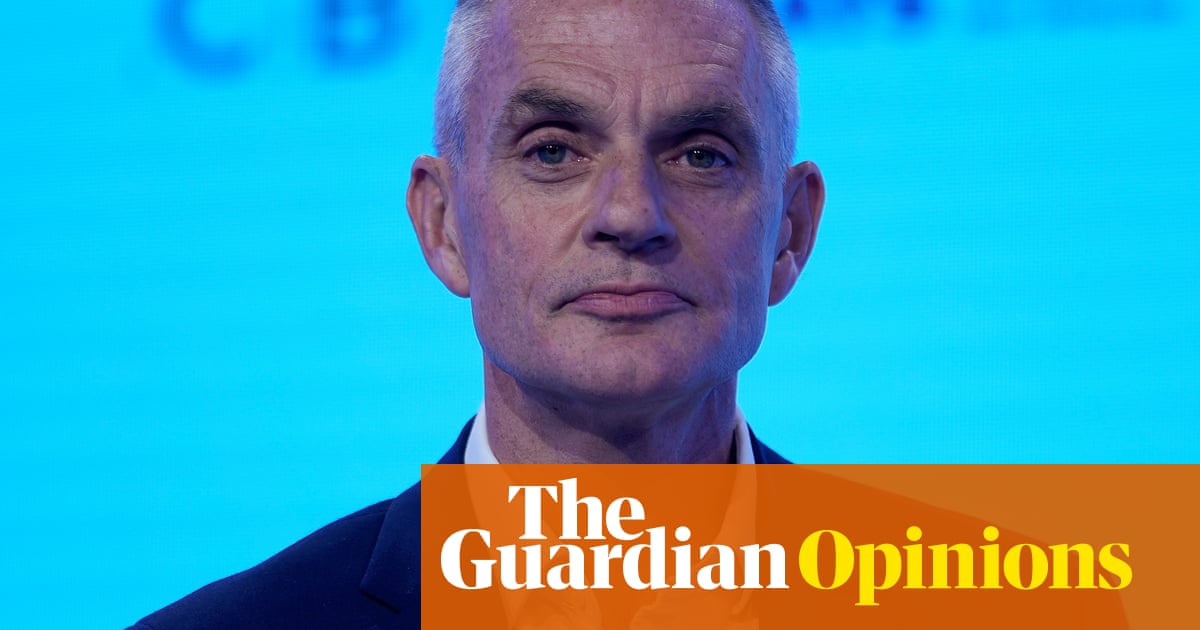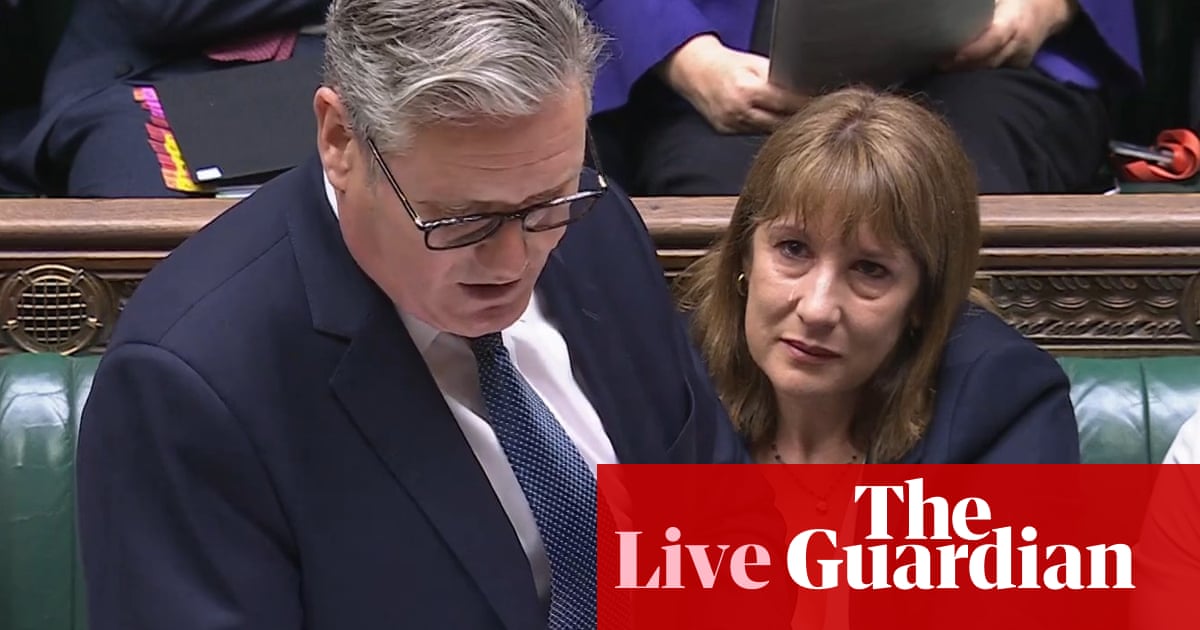Just days after Microsoft announced Halo: Campaign Evolved, the next game in its famous science-fiction series, the White House shared an interesting picture on X. The image, which appears to be AI-generated, shows President Donald Trump wearing the armour of Halo’s iconic protagonist, Master Chief, standing in salute in front of an American flag that’s missing several stars. In his left hand is an energy sword, a weapon used by the alien enemies in the Halo games. Posted in response to a tweet from US game retailer GameStop, the text accompanying the image reads “Power to the Players” in reference to the store’s slogan.
GameStop and the White House exchanged another Halo meme or two, and then, on 27 October, the official Department of Homeland Security X account joined in – using Halo imagery of a futuristic soldier in an alien world to encourage people to join its increasingly militaristic Immigration Customs Enforcement agency (ICE). Stop the Flood, this one reads, equating the US’s immigrant population with the parasitic aliens that Master Chief eliminates.
“Yet another war ended under President Trump’s watch – only one leader is fully committed to giving power to the players, and that leader is Donald J Trump,” said White House deputy press secretary Kush Desai over email, when I asked for the official line on this post. “That’s why he’s hugely popular with the American people and American gamers.” (Microsoft has not replied to any requests for comment.)
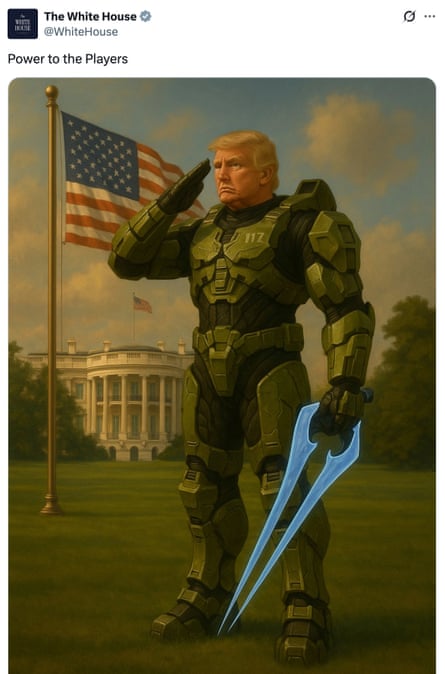
This spate of sharing video game imagery may seem odd, but Trump and his various allies have been leaning into gamer culture for nearly a decade. Trump has courted gamers – a demographic that includes a significant subsection of disaffected young men – since his first presidential campaign. Media executive Steve Bannon joined that campaign as chief strategist and senior counsellor in August 2016, bringing with him a wealth of knowledge of video game culture and the online behaviour of its biggest fans.
Bannon had previously worked with and secured funding for Internet Gaming Entertainment, a Hong Kong company that paid Chinese workers low wages to farm gold in the multiplayer game World of Warcraft. According to Joshua Green’s book on Bannon (Devil’s Bargain: Steve Bannon, Donald Trump, and the Storming of the Presidency), it was during this time that Bannon learned that “these guys, these rootless white males, had monster power”. In 2014, Bannon watched as Gamergate, an amorphous online army massing in the darker corners of the web, routinely targeted women and other people marginalised in the video game industry. He saw how the movement’s behaviour led to real-world actions, such as organised harassment and doxing (the sharing of private information with the public).
Once Bannon joined the Trump campaign, he leveraged his understanding of gamer culture to push Trump’s presidential campaign to previously untouched places. “You can activate that army. They come in through Gamergate or whatever and then get turned on to politics and Trump,” Bannon told Green.
That army was ready to engage in memetic warfare at any given moment, and it did. Throughout the campaign, Trump’s meme army monitored then candidate Hillary Clinton’s every move, sharing fabricated allegations of health problems with the hashtag #HillaryHealth. It regularly produced memes supporting Trump based on internet in-jokes and nerdy pop culture references. Arguably, Trump defeated Clinton in the 2016 presidential campaign with the help of this army.
When Trump failed to beat Joe Biden in the 2020 election, he turned to his own social media platform, Truth Social, to regularly lambast Biden and the Democrats throughout Biden’s four-year term. He continued to court gamers and the online reactionary right, before winning the presidency again. The second Trump administration still utilises the tactics and frameworks of online agitators (or trolls), but there’s one major difference this time around: Elon Musk.
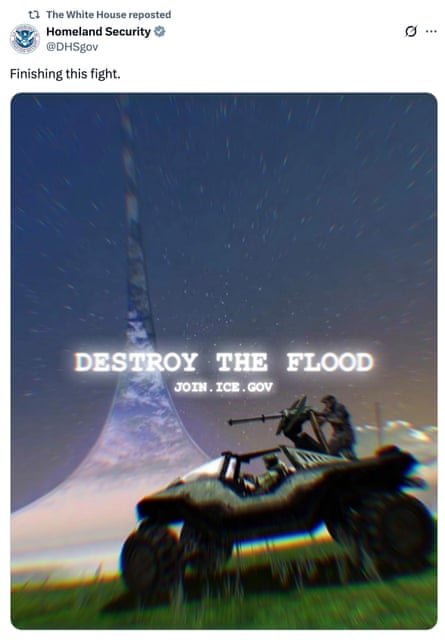
The South African entrepreneur bought Twitter in October 2022 and quickly reinstated Trump’s account and a host of others that had been banned. Musk, who regularly invokes gamer culture and posts memes on his own X account, and spent a few weeks earlier this year embroiled in a ridiculous fight over whether he was faking his gamer credentials (he was), loosened the restrictions on hate speech on the platform and boosted the exact kind of toxic gamer culture that the White House is now courting.
Since Trump’s January inauguration, the White House and various federal institutions have taken up meme posting. Last month, the Department of Homeland Security’s official X account and the White House’s official TikTok account shared a video of ICE raids set to the Pokémon theme music, interspersing imagery from the animated show with clips of agents arresting people and using the “Gotta catch’em all” slogan from the franchise. The Pokémon Company International told the BBC that “permission was not granted for the use of our intellectual property”. The video is still up at the time of writing.
The video game industry at large has long remained silent when it comes to the reactionary politics and ideologies spreading among its communities. For millions of Americans who play games, but are massively embarrassed by an administration that is warning pregnant women against taking Tylenol, or pushing the narrative that immigrants are parasites, or that diversity, equity and inclusivity movements result in unqualified workers, watching this unfold is incredibly frustrating. The more the administration leans into video game iconography and internet memes, the more video game companies find themselves associated with the divisive and reactionary politics of the right – whether they want it or not.

.png) 2 hours ago
4
2 hours ago
4
